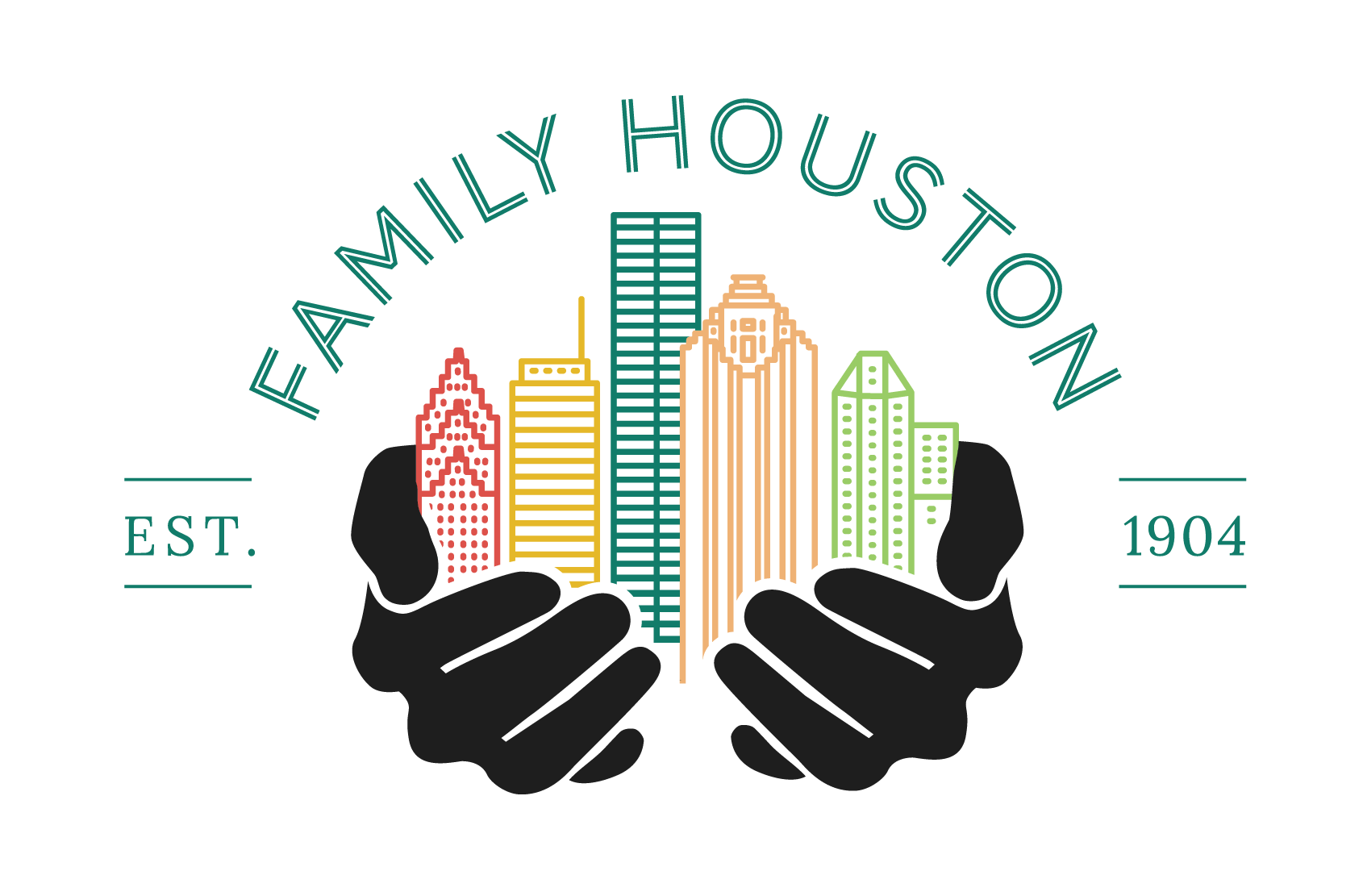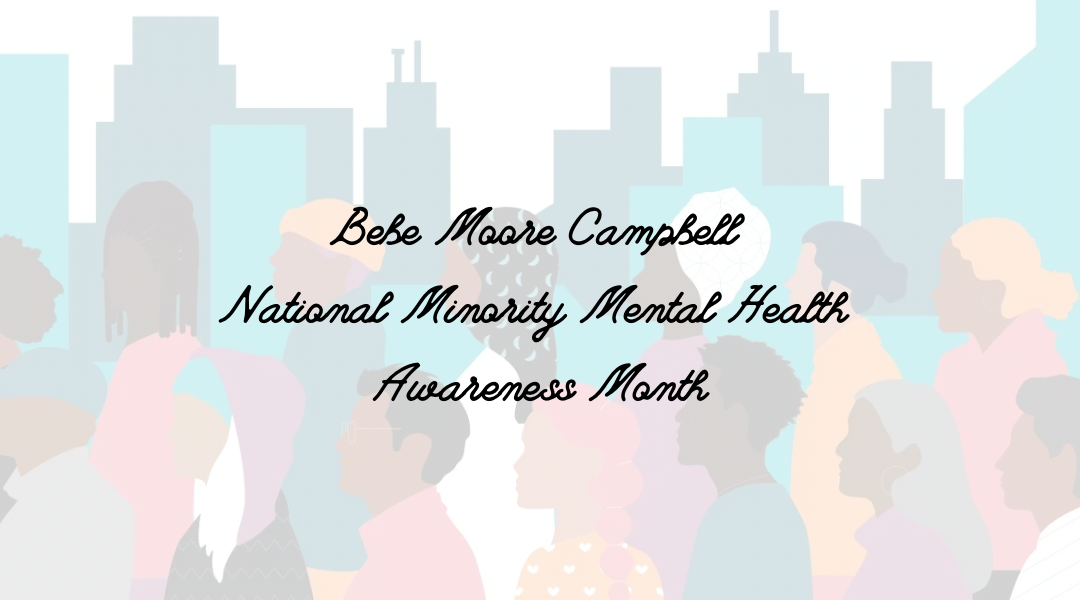July 14, 2023
In 2008 Bebe Moore Campbell National Minority Mental Health Awareness Month was created by congress to enhance public awareness of mental illness, especially within minority communities.
Black, Indigenous, and people of color (BIPOC) communities have always been faced with disproportionate amounts of historical trauma and displacement that have challenged how these communities remain sustainable and continue to thrive. In addition to those challenges and trauma, minority groups are significantly less likely to receive mental health services compared to white individuals. 48% of whites received mental health services, compared with 31% of blacks and Hispanics, and 22% of Asians.
“Stigma is one of the main reasons why people with mental health problems don’t seek treatment or take their medication,” Campbell said. “People of color, particularly African Americans, feel the stigma more keenly. In a race-conscious society, some don’t want to be perceived as having yet another deficit.”
Bebe Moore Campbell was an American author of three New York Times best sellers, journalist, teacher, and mental health advocate who worked to shed light on the mental health needs of underrepresented communities. In 2006 she passed away from brain cancer at the age of 56.
By the Numbers
African Americans with Mental Illness
6.8 million
Latinx/Hispanic Americans with Mental Illness
8.9 million
Asian Americans with Mental Illness:
2.2 million
Native Americans/Alaskan Natives with Mental Illness
830,000

